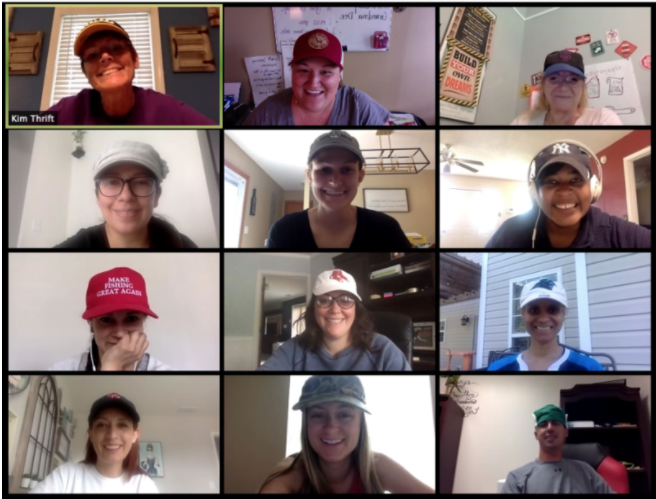Written by Principal Angel Oliphant
Leadership Tips for Teachers, Educators, Principals and School Classrooms.
As a child I developed a love of reading and was like a sponge when it came to learning new things. By the time I got to high school, it was clear to me that both race and socio-economic status have a major impact on student learning and achievement. I saw this as a huge problem and made a vow to be a part of the solution. Now as a principal in a Title 1 school, my top priority is meeting students’ academic and social-emotional needs.
These are seven leadership tips that I’ve used over the years that have contributed to my effectiveness as a principal:
1. Determine the needs of your students and put them first. Before any decision is made I always ask myself if it is good for students. I analyze multiple data sources and make sure students’ basic needs are met before trying to close their academic gaps. This can be accomplished through formal and informal assessments and observations. Counselors and Social Workers also play a key role in this.
- Develop strong relationships. People don’t care what you know until they know that you care. Show compassion for students and teachers and what they are going through. Be a good listener as they share their concerns with you. Just as I encourage teachers to develop strong relationships with their students, it is important for me to develop relationships with my teachers. Teacher support, nurturing and coaching are extremely critical for students’ success.
3.Depend on parents and other stakeholders within the school community for support. Parents love their children and want them to be successful. Partner with them by keeping them informed of students’ progress and engaging them in what is happening in the classroom and throughout the school. Remember the saying, “It takes a village.” All stakeholders are important. I’m a firm believer that the collective knowledge and experience of the whole far outweighs my knowledge and experience as a single individual.
- Deposit into students’ and teachers’ emotional bank accounts. Even the smallest accomplishments should be recognized. This helps to motivate and encourage students and teachers to persevere. Let them know how proud you are of their efforts. They want to feel valued and appreciated.
- Delegate to others. You can’t do everything on your own. Empower and promote the growth of teacher leaders by assigning them responsibilities and various leadership roles in the school. I trust teachers to accomplish these tasks independently because I’ve armed them with tools for success. This also includes soliciting input from teachers on important decisions.
7. Don’t sweat the small stuff. Choose your battles wisely. It’s ok to give in sometimes as long as it doesn’t hurt the students. Some things are just not that important. Spend your time on things that matter the most.

